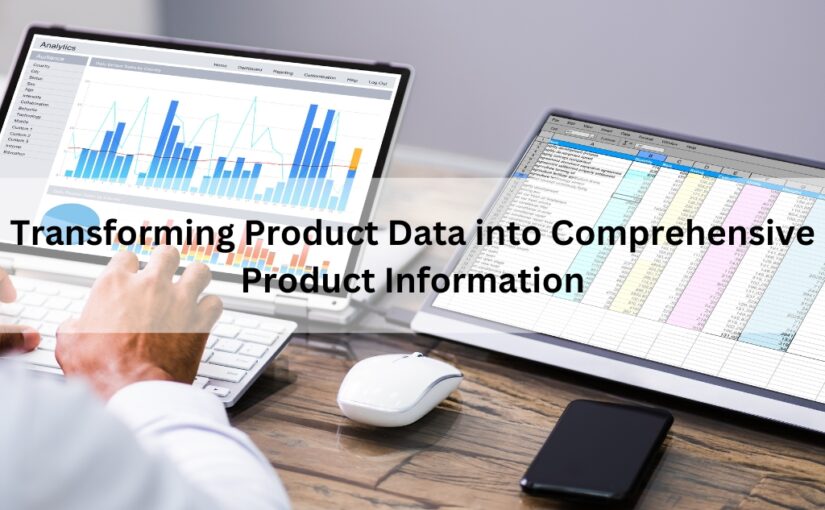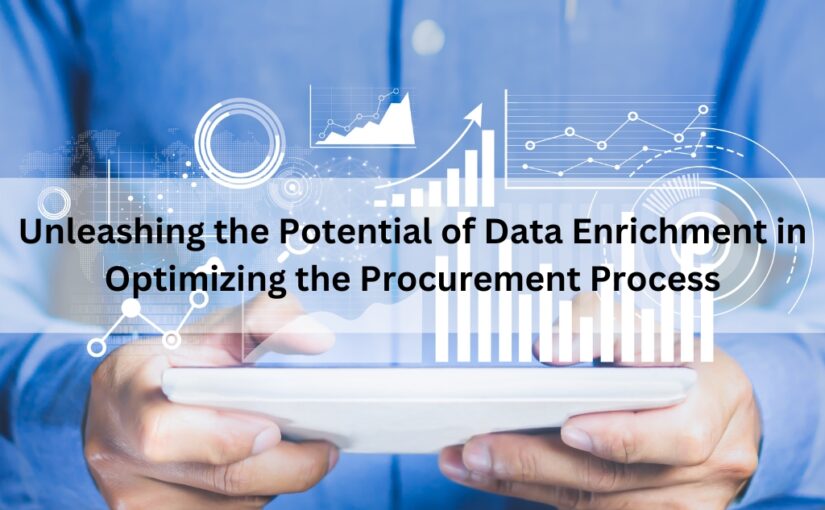Digital Signal Processing in the Modern Workplace
Digital signal processing, or DSP, refers to the way in which analogue signals are converted to digital format, in order to be filtered, read or otherwise processed. The analogue data is first sampled, before being converted to digital format using an ADC (analogue to digital converter) device. The signal is then represented digitally by a series of numbers or symbols. To read the signal as analogue output, a digital-to-analogue converter (DAC) is used.
It is tempting to ask why analogue signals cannot be simply analogue processed. However, DSP programming has numerous advantages. In its digital form, data can be compressed, analysed, corrected for errors and otherwise “tweaked” – something that makes it useful in vocal and musical performances. A recent, somewhat controversial example of DSP programming was the digital “auto tuning” of singers’ voices during live recordings of ITV’s X-Factor auditions.
DSP is also used to process sonar, radar, biomedical and telecommunications signals. Statistical signal processing, in which digital signals are treated as statistical data, is a specific area of DSP programming used in such diverse areas as stock market fluctuations and clinical ECG recordings.
As one of the leading technology services providers globally, we at Enventure Technologies are well placed to help you with your DSP programming solutions. DSP is commonplace in modern computer systems, with powerful new microprocessors, and technologies such as stream processors and field-programmable gate arrays to back them up. We cover a diverse range of industries and applications, with FPGA design and programming just one of many areas in which we have expertise.










